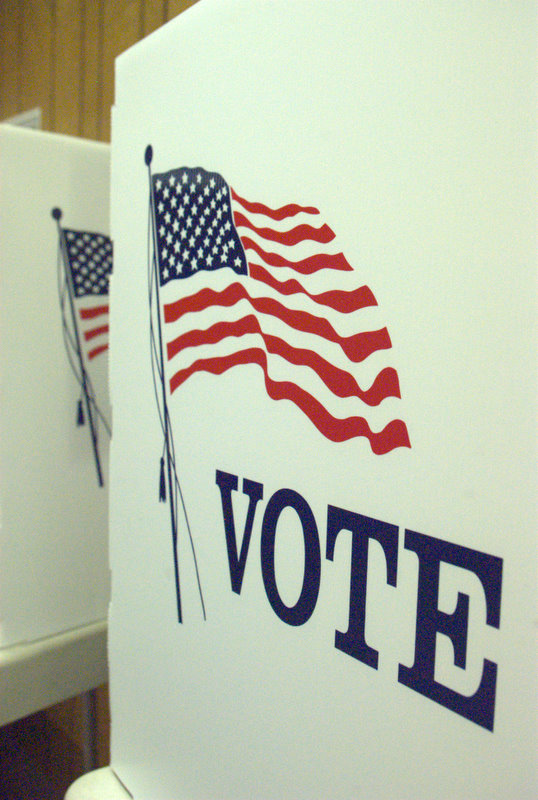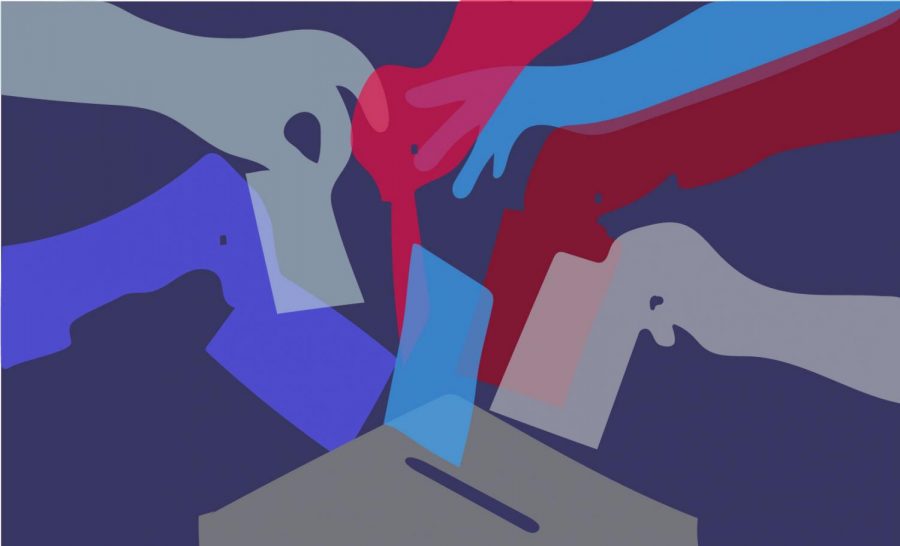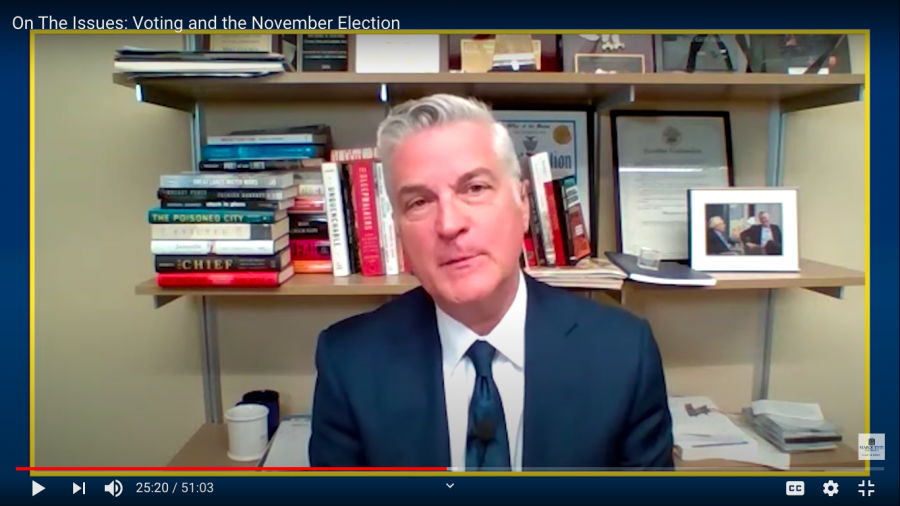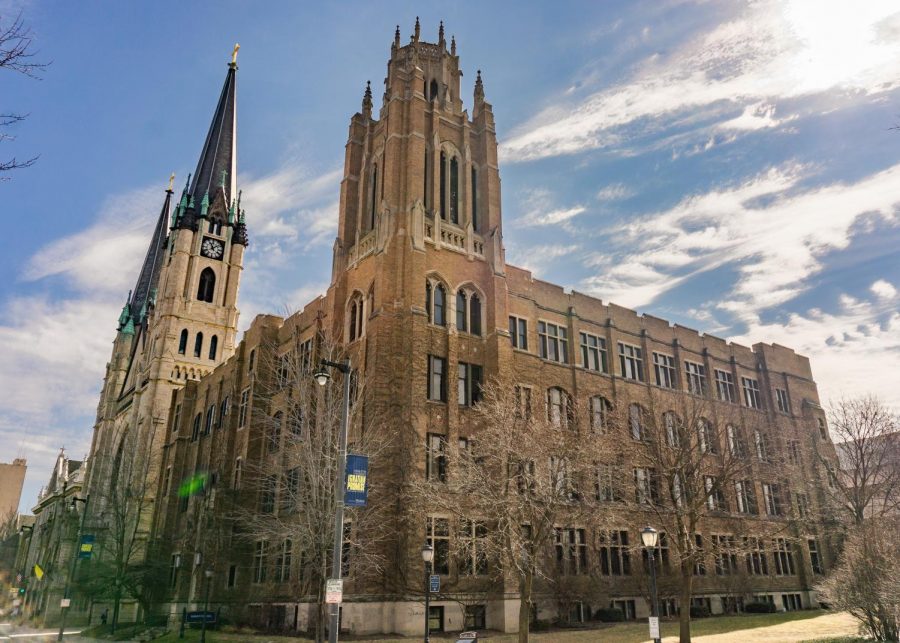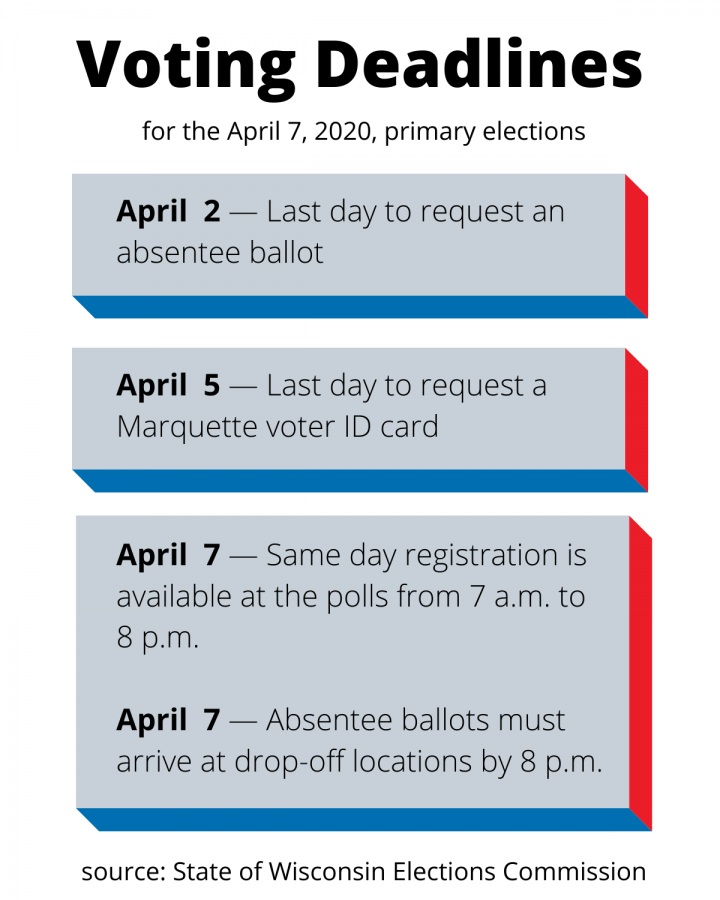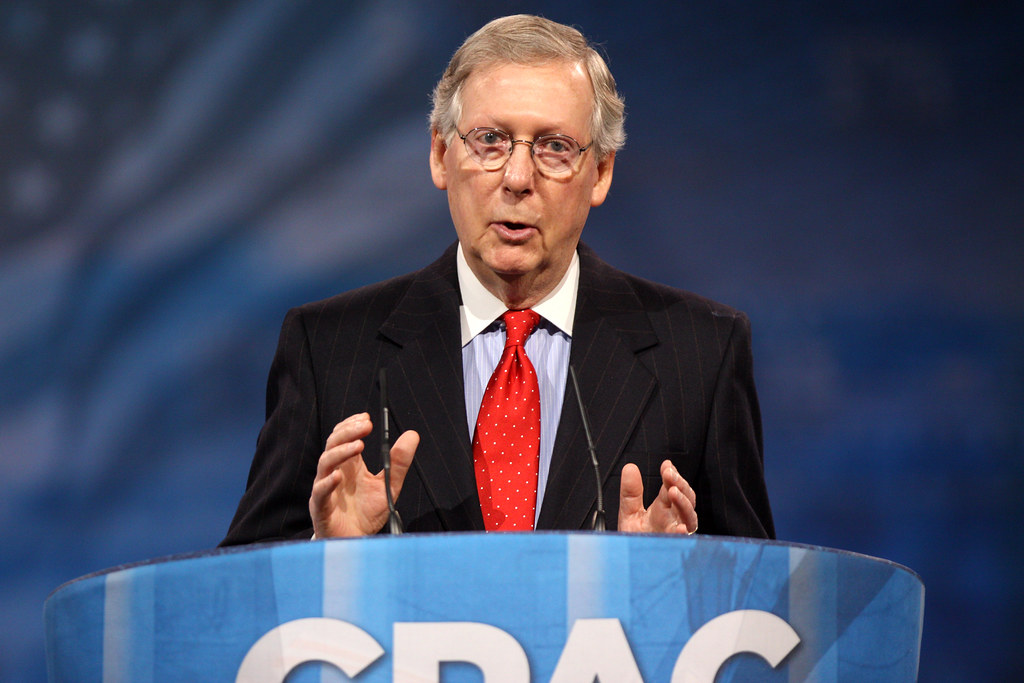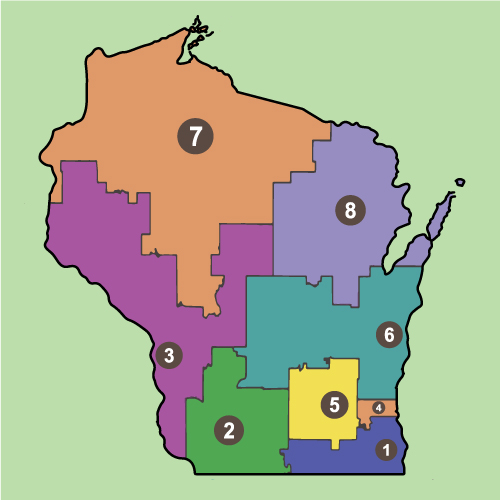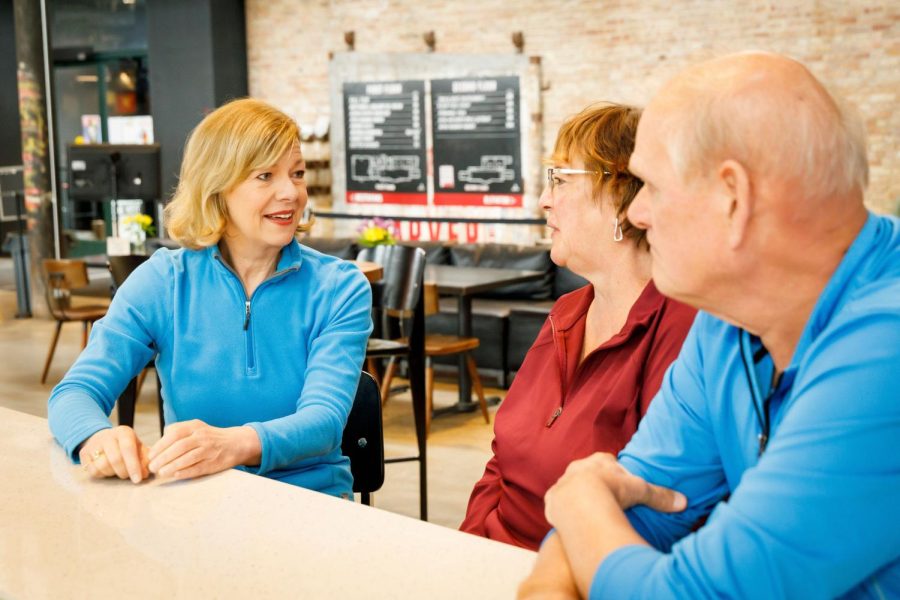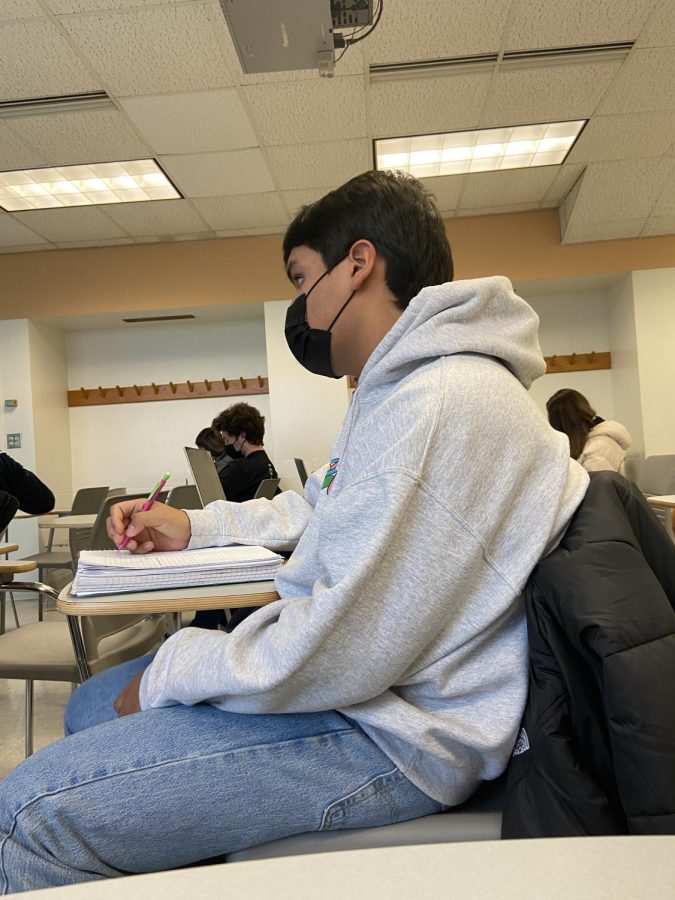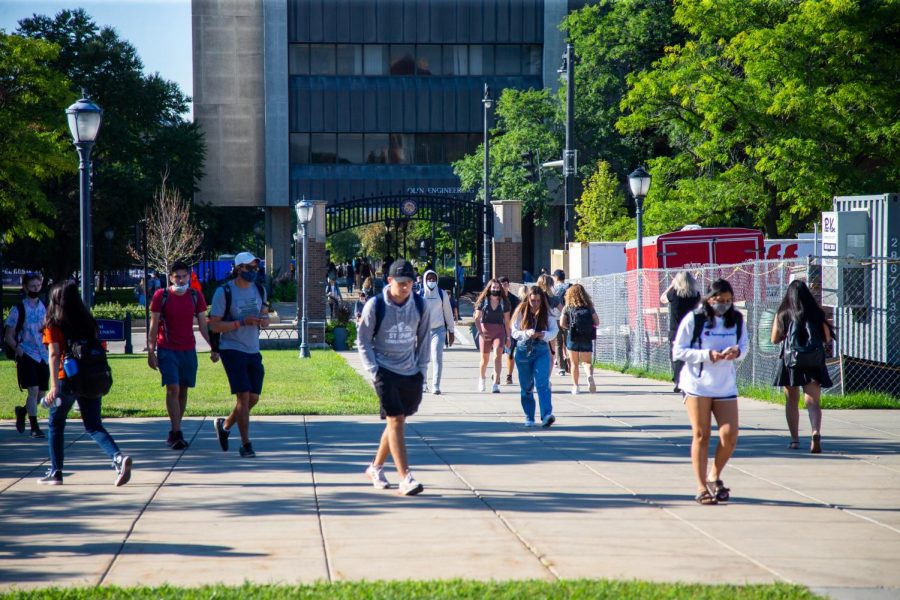COVID-19 continues to spread across the country and the number of people affected is exponentially increasing. Since last week, the United States has surpassed both China and Italy and now holds the highest amount of coronavirus cases at 140,904 as of March 30. There is more than a 15,000 increase of cases daily. This continues to affect the structure of Americans’ daily lives and the stability of this country.
Schools and nonessential businesses first began to shut down across the United States during the first two weeks of March. By March 16, President Trump recommended during a White House press briefing that there should be no assembly of groups greater than 10 people. It is now expected that Americans isolate themselves from everyone but those they live with and continue to self-quarantine to slow the spread of the virus.
All of this is occuring in the midst of the 2020 election season which means voting is is also greatly affected by COVID-19. In order to provide more clarity to American voters during these turbulent times, political leaders must rise to the occasion and be there for their constituents. State and federal governments must do more to combat the negative effects specifically connected to voting such as changing the laws regulating the voting procedure.
Voting typically involves showing up, in person to the polls with crowds of other people present. To cast a vote, people typically share objects such as pens or voting machines. The need to share these objects and convene in large groups are exactly the sorts of behaviors the Center for Disease Control and World Health Organization are discouraging in order to hinder the spread of coronavirus. This means that drastic changes must be made to the voting process that will affect the rest of this election year.
Many states do not offer no-excuse voting by mail where voters have the ability to request an absentee ballot without requiring a certain reason. However, with the way the virus is currently spreading and the institutional effects it is having on this country, rules must be amended to fit the new circumstances. Due to the inability to leave home, all eligible voters should be able to request a ballot without needing a specific reason.
A total of 12 states such as Indiana and Delaware plus Puerto Rico have postponed their primary elections in the hopes that the future will bring a safer time for voting.
Postponing elections leaves little time to prepare for the Democratic National Convention that will take place in Milwaukee this summer, with big holes in the primary calendar. The states have until June 20 to select their delegates that will attend the Democratic National Convention. The country has no way of being certain what the future will be for this pandemic.
Instead of pushing the primary days, the DNC Chairman Tom Perez is urging states to make voting more capable and safe for its citizens, such as mailing ballots. This will allow the DNC to have the usual allotted time necessary to prepare for the convention without needing to make drastic changes to the November election.
This not only affects the presidential election, but senators are also involved in these primaries and are left confused with congressional primary runoffs being delayed.
Voter participation is also an aspect of the election process that will be detrimentally affected if no amendments are taken to the voting procedure. Voting is predicted to drop due to the coronavirus pandemic based off of turnout seen in the Illinois, Arizona and Florida primaries. Illinois held their primaries March 17, just at the start of the coronavirus lockdowns and restrictions, and the turnout was lower than it was four years ago with was a 25% turnout decrease. Florida had a 5% participation drop since the 2016 elections.
It is frightening to enter a presidential election unsure and unaware of what could happen, especially amid the crisis we are in now. During election time, statistics and numbers usually provide Americans with insight about who they can expect to win. With the delay of voting and the decrease in voter turnout, Americans are uncertain of the future of their country. These issues just add another aspect of fear within the public.
This past week Congress passed a $2 trillion stimulus package that includes cash assistance for Americans, manufacturers and other businesses that will help combat the detrimental effects of the coronavirus pandemic. The stimulus package also includes provisions for financial assistance for election security which ensures secure and strong electoral processes for the American public. The Democrats wanted $2 billion, but the final package deal resulted in $400 million towards election security.
The package also does not provide information to the states on what is necessary to do for voting during this time, so states are left without a clear process on how to move forward.
Texas, a state that does not offer no-excuse voting by mail, has not come up with a solution to this problem for their primary runoff elections scheduled for May 26. As of March 20, an anonymous Texan official told NBC News that, “We do not know exactly what we will end up doing.” Although he did say they are looking at various options, this still leaves the people of Texas in the dark. As of right now, the GOP continues to oppose expanding the rules on absentee ballots in the states.
Lacking information is not sufficient enough for the needs of the American people. Rather, providing details about the logistics and processes of these kinds of changes will at least allow Americans to understand what their government is trying to accomplish.
In contrast, Illinois — a state that offers no-excuse voting by mail — saw the effects of no excuse voting by mail during its primary election. Even though there was a 25% drop in voter participation, Matt Dietrich, a spokesperson for the state board of elections, believes that the opportunity to vote by mail salvaged 150,000 votes that would have gone to waste.
States must find ways to accommodate and work around their current legislation in order to protect the right to vote and ensure that this important civic duty continues to be upheld during these turbulent times.
Lack of leadership and information from the federal government is what prevents the American public from staying calm and having faith for the future. More details must be disseminated to the public, rather than just delaying or postponing primaries without any sort of plan for what is ahead. More options must be available to voters, so they can still vote while being quarantined at home.
The chance of voting in person, as of right now, is not an option. Leaders must come forward with amendments and changes to the system that will not punish or hinder the rights of American citizens.
This story was written by Aminah Beg. She can be reached at [email protected].


